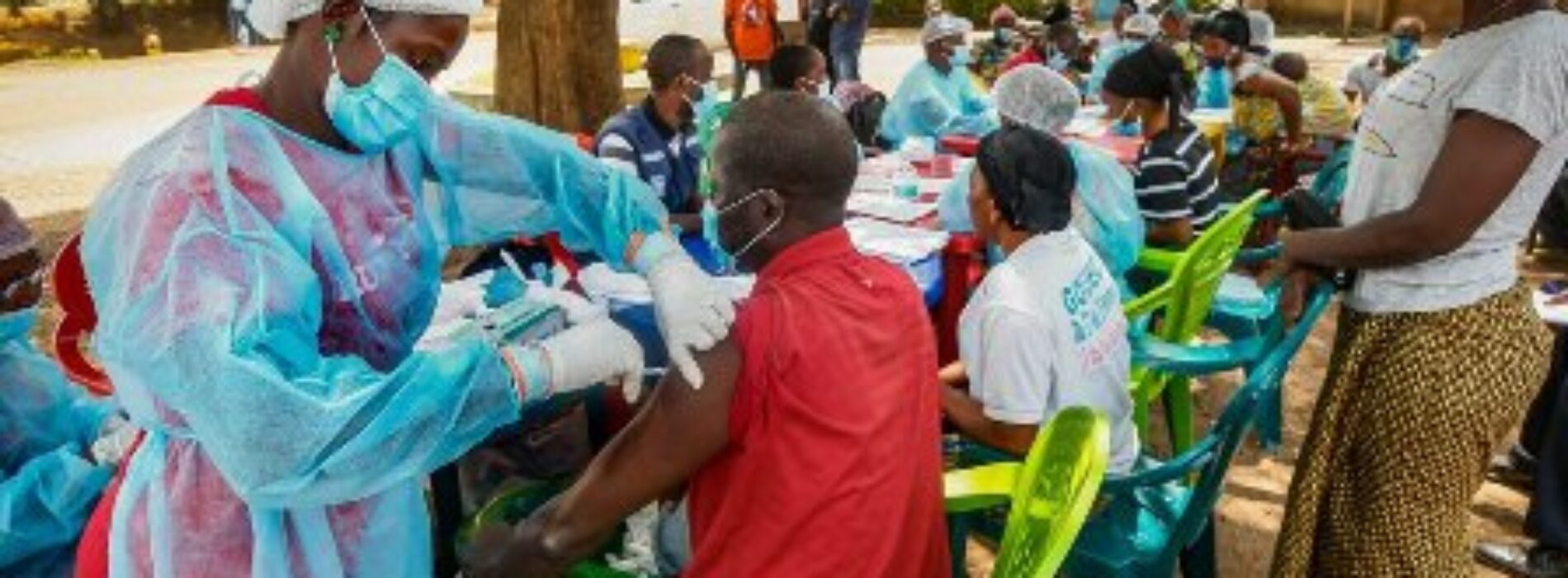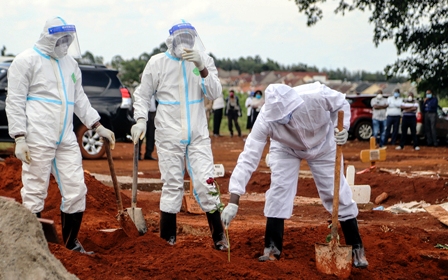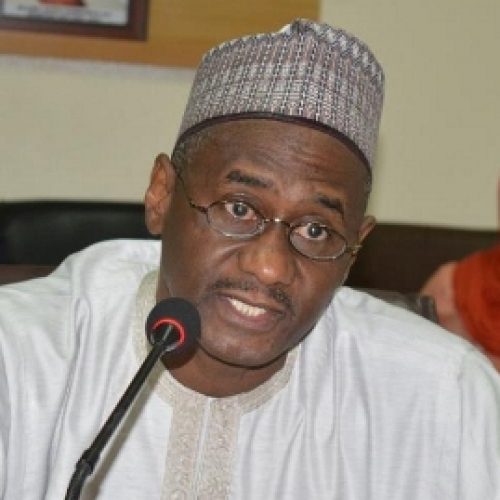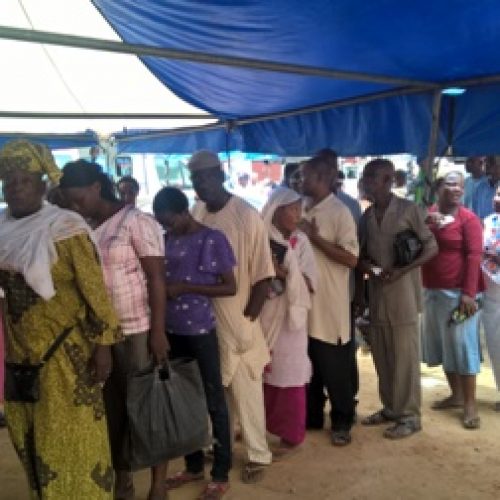COVID-19 deaths in African region to fall by nearly 94% in 2022 – WHO analysis
COVID-19 deaths in the African region are expected to decline by almost 94% in 2022, compared with 2021 which was the pandemic’s most lethal year, a new modelling by World Health Organization (WHO) finds. This comes while cases are estimated to drop by a little over a quarter this year.
The analysis, which was published this week in the scientific journal, the Lancet Global Health, finds that while the region reported 113 102 deaths in 2021 through official channels, about one in three deaths were missed and the true number of deaths was 350 000. The modelling suggests that around 23 000 deaths are expected by the end of 2022 if current variants and transmission dynamics remain constant. However, a variant that is 200% more lethal would cause an increase in deaths to more than 70 000.
“Last year, we lost an average of 970 people every day. This is a catastrophically high toll,” said Dr Matshidiso Moeti, WHO Regional Director for Africa. “Our latest analysis suggests that estimated deaths in the African region will shrink to around 60 a day in 2022. The low number of deaths expected this year is a huge achievement for the region and a testament to the efforts of countries and partners. However, the job is not yet done. Every time we sit back and relax, COVID-19 flares up again. The threat of new variants remains real, and we need to be ready to cope with this ever-present danger.”
A significant number of cases have also gone unreported. The study’s findings infer that only one in 71 COVID-19 cases in the region are recorded and 166. 2 million infections are anticipated in 2022 compared with the estimated 227.5 million which occurred in 2021. The gap in number of cases and deaths in 2022 is due to increasing vaccination, improved pandemic response and natural immunity from previous infections which, while not preventing re-infections, stop severe forms of the disease and deaths.
In 2021, the African region experienced a particularly deadly pandemic, with the analysis estimating that COVID-19 was the seventh major cause of death, just below malaria, while in 2020, the virus was the 22nd major cause of deaths in the region. The significant increase in deaths in 2021 was due to the delta variant which was more infectious and caused more severe disease.
“We have learnt many lessons on how to stay a step ahead of the virus,” said Dr Moeti. “Now is the time to refine our response and identify populations most at-risk of COVID-19. Countries must intensify efforts to conduct a targeted response that provides the most vulnerable people with the health services they need, including COVID-19 vaccines and effective treatment.”
As the pandemic persists, it is crucial to ramp up comprehensive health care services including preventive measures, treatment and vaccination for vulnerable populations. Targeted surveillance will also be critical to monitor hospitalization, the burden of comorbidities and the emergence of new variants.
The burden of COVID-19 deaths has been uneven across the African region. High-income or upper-middle-income countries and those in the South African Development Community have around double the mortality rates in lower-income and lower-middle-income countries in other economic regions of Africa.
The analysis shows that the variation in the number of deaths was driven by biological and physical factors, primarily comorbidities such as hypertension, diabetes, chronic obstructive pulmonary disease, HIV and obesity which increase the severity and the risk of mortality in COVID-19 patients. The prevalence of these comorbidities increased in countries with higher death tolls.
The divergence in cases and deaths is evident in the latest six-week surge in southern Africa, where the average reported deaths hovered at nearly 200 a week, compared with more than 44 000 new weekly average case numbers. For the past two weeks, new cases have decreased after four consecutive weeks of increase across Africa, signalling the possibility that the latest surge has reached its peak.
Dr Moeti spoke during a virtual press conference today facilitated by APO Group. She was joined by Dr Ifedayo Adetifa, Director General, Nigeria Centre for Disease Control; and Dr Alioune Badara Ly, Director of Health Emergency Operations Centre, Ministry of Health and Social Action, Senegal.
Also on hand from WHO Regional Office for Africa to respond to questions were Dr Fiona Braka, Team Lead, Emergency Operations; Dr Thierno Balde, Regional COVID-19 Incident Manager; Dr Meseret Shibeshi, Immunization Officer; and Dr Frank Mboussou, COVID-19 Vaccination Monitoring and Evaluation Lead.
- WHO








0 Comments
No Comments Yet!
You can be first to comment this post!